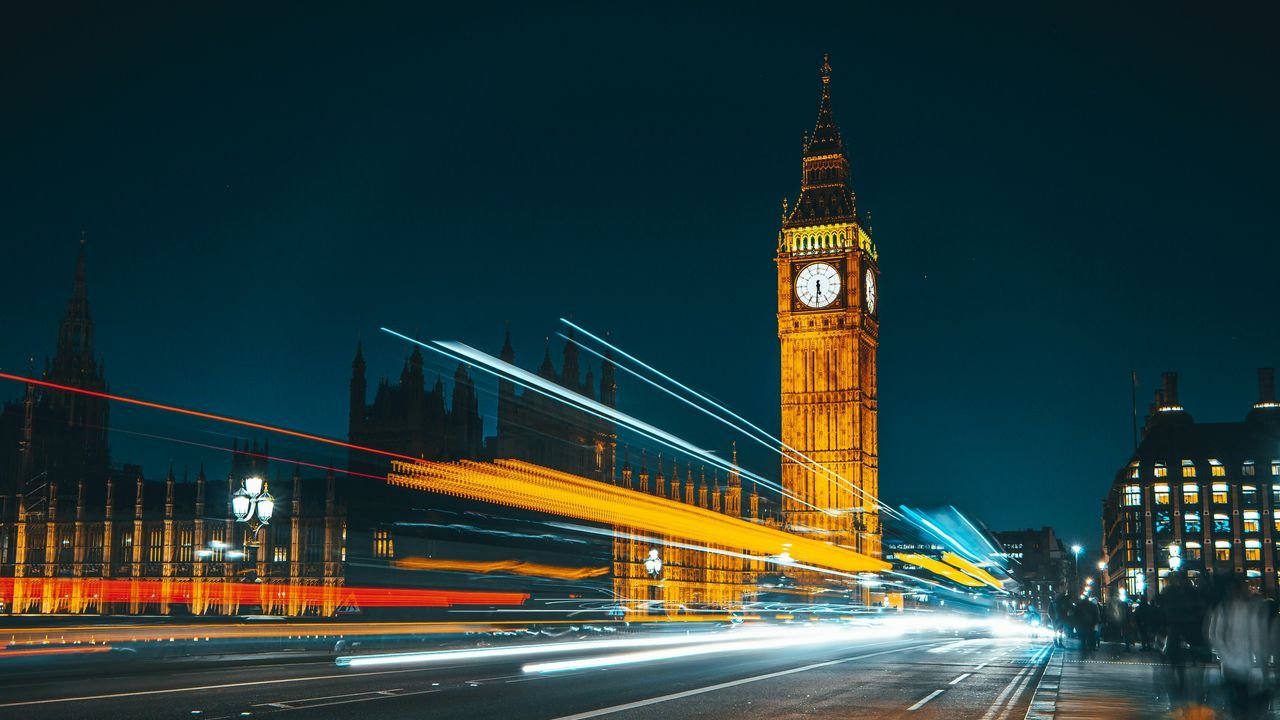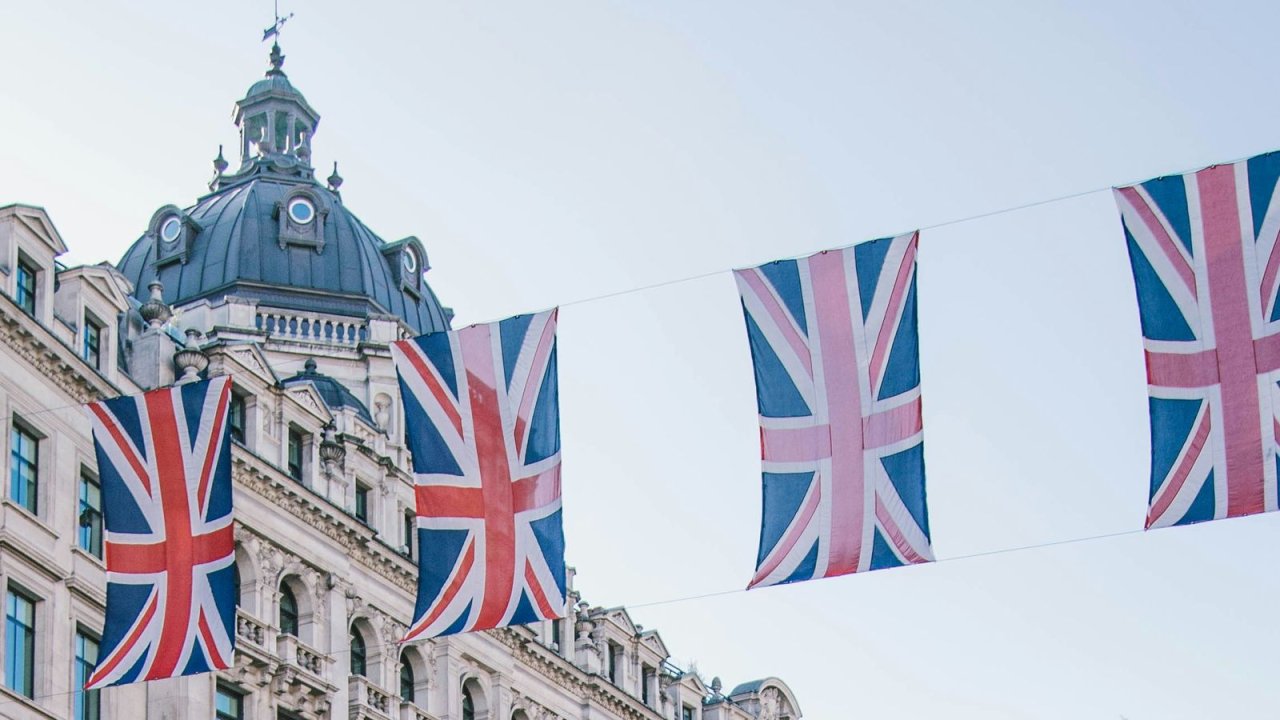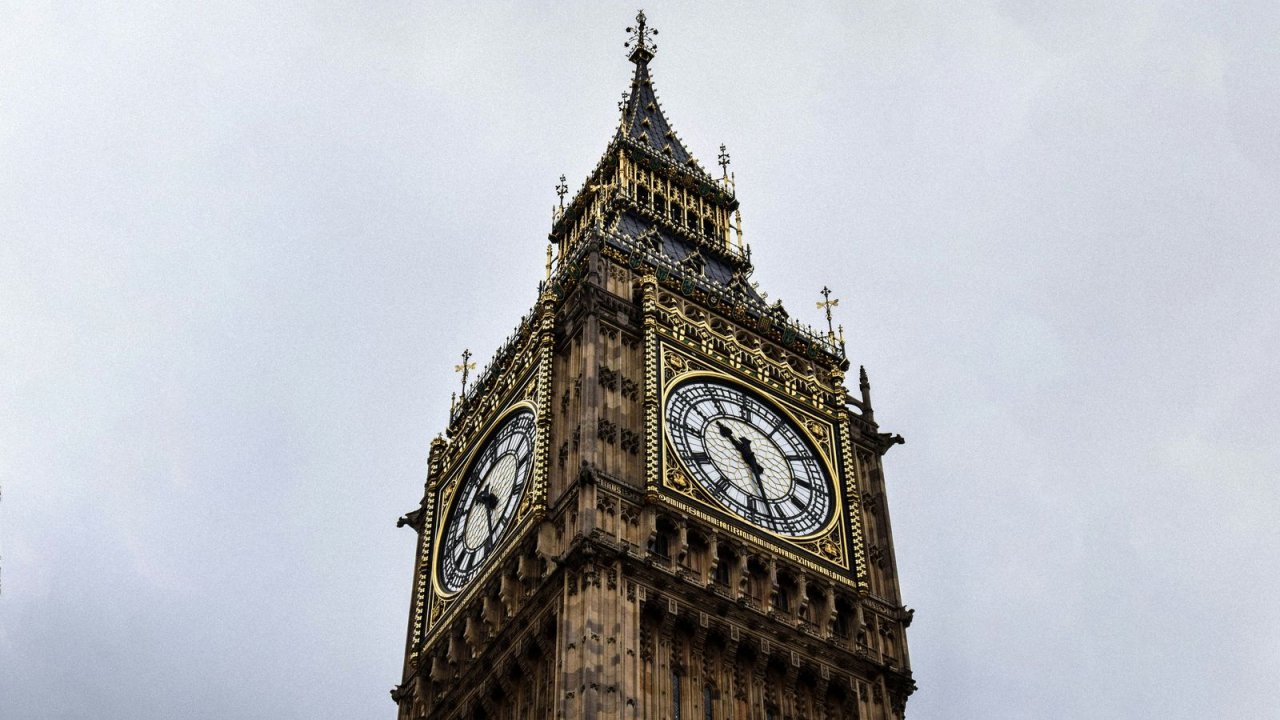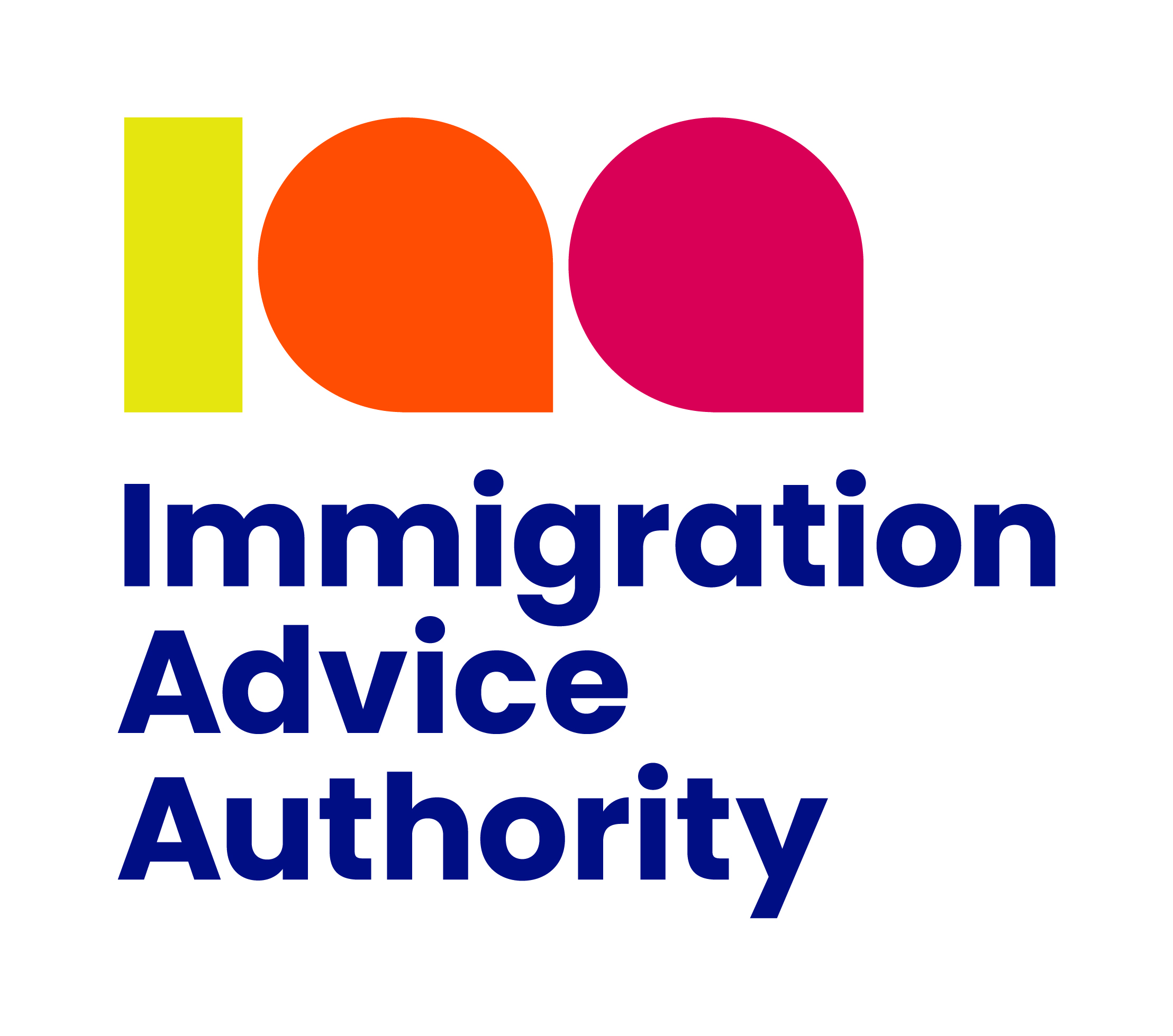
UK visa refusal
UK visa refusal
Receiving a UK visa refusal can feel like a major setback, especially when you’ve invested time, effort, and money into your application. However, understanding the underlying reasons for refusal and learning how to address them effectively can significantly increase your chances of success in future applications. This Global Law guide explains common visa refusal reasons, what happens after a refusal, and how to reapply with a stronger case easily.
What does visa refusal mean?
A visa refusal occurs when UK Visas and Immigration (UKVI) determines that your application does not meet the specific requirements for the type of visa you applied for. This decision is based on the evidence and documentation you submit, as well as your immigration history. A refusal does not mean you cannot reapply or ultimately succeed; it simply means adjustments are needed to meet the UKVI’s standards.
Common reasons for UK visa refusal
Although every application is unique, several common reasons for UK visa refusal often come up:
Missing or incomplete documents
Insufficient financial proof
Providing incorrect or false information
Unclear travel purpose
Not meeting specific UK visa requirements, like the IHS fee for UK.
Immigration history issues

Missing or incomplete documents
Failing to provide all required documents is one of the most frequent causes of refusal. Depending on the visa type, you may need to submit:
Bank statements or proof of financial stability.
A detailed itinerary or travel plans.
Sponsorship letters or proof of accommodation.
Academic or employment certificates for study and work visas.
Even small oversights, like forgetting a translated document or not including evidence of return flights, can lead to rejection.
Insufficient financial proof
Applicants must demonstrate that they have enough funds to support themselves during their stay in the UK. This includes:
Clear, authentic, and recent bank statements.
Evidence of consistent income or savings.
Avoiding suspicious or incomplete transactions in financial documents.
If UKVI suspects that the funds are borrowed or inconsistent, this could lead to a refusal.
Providing incorrect or false information
Errors in your application—such as typos, incorrect dates, or inaccurate travel history—can raise doubts about the authenticity of your application. Deliberate false information, even minor, is considered a severe offense and may result in bans from applying for UK visas in the future.
Unclear travel purpose
The purpose of your visit must align with the visa category you are applying for. For instance:
Applying for a UK tourist visa but submitting documents related to employment or business may create confusion.
A vague or poorly detailed travel plan can also raise concerns.
Not meeting specific UK visa requirements
Each UK visa type has its own set of requirements. For instance:
A work visa might require a UK sponsorship certificate.
A UK study visa may necessitate proof of acceptance from a UK educational institution and evidence of English language proficiency.
Failure to meet these criteria often results in a refusal.
Immigration history issues
Your past behavior plays a crucial role in the UKVI’s decision. Common issues include:
Overstaying a visa in the UK or other countries.
Previous refusals or deportations from the UK or other nations.
Doubts about returning home
For visitor visas, UKVI needs assurance that you will leave the UK at the end of your trip. You can strengthen your case by demonstrating:
Employment commitments in your home country.
Ownership of property or other assets.
Family ties or dependents who rely on you.
Failure to provide sufficient evidence of these ties can result in a UK visa refusal.

What happens if the UK visa is refused?
When your UK visa is refused, UKVI will provide a detailed refusal letter outlining the reasons for their decision. This letter is critical, as it serves as a roadmap for addressing the problems in your future applications.
Your options after refusal
Depending on your visa type and the reason for refusal, you have several options:
Appeal the decision: Appeals are usually allowed for visas related to family or human rights. You will need to demonstrate that the decision was incorrect based on the evidence you provided.
Request an administrative review: If you believe UKVI made an error in processing your application (common for work or study visas), you can request a review.
Reapply with a stronger application: If neither an appeal nor a review is an option, you can submit a new application. Ensure all issues raised in the refusal letter are resolved.
Get professional guidance: Navigating a refusal can be challenging. Immigration consultants, like Global Law, can assess your case, help address the specific issues, and guide you through the reapplication process with a tailored strategy.
How to avoid a UK Visa refusal
To avoid a UK visa refusal, ensure your application is complete and includes all required documents, such as bank statements, travel plans, and proof of accommodation. Missing documents are a common reason for rejection. Double-check your application for errors or mismatched details, as even small mistakes can raise doubts.
Show strong ties to your home country, like a steady job, property, or family, to prove you plan to return after your trip. If you’re unsure about the process, getting help from an immigration expert can make your application stronger and reduce the chances of mistakes. Taking these steps can greatly improve your chances of success.
Why does professional guidance matter?
The UK visa application process can be challenging and intimidating. Global Law excels at spotting potential issues, enhancing applications, and ensuring they meet UKVI requirements.
- Posted on: 27.12.2024
- By: Eray Eliacik
About the author

Eray Eliacik
Eray is a seasoned writer and passionate traveler who has explored over 20 countries. With firsthand experience navigating visas and international travel, and a proven track record with reputable platforms like Dataconomy and Softonic, Eray now makes it easier for travelers to achieve their travel goals.
Related Articles

UK BRP & the shift to eVisa
January 24th, 2025
Learn about the UK BRP card & its transition to the new eVisa system. Is it a UK travel document? Keep reading and learn everything you need to know.

UK visa types
December 25th, 2024
Explore the main UK visa types for tourism, work, study, family, or settlement.

UK visa processing times
December 27th, 2024
Understand UK visa processing times by category, causes of delays, and fast-tracking options.


